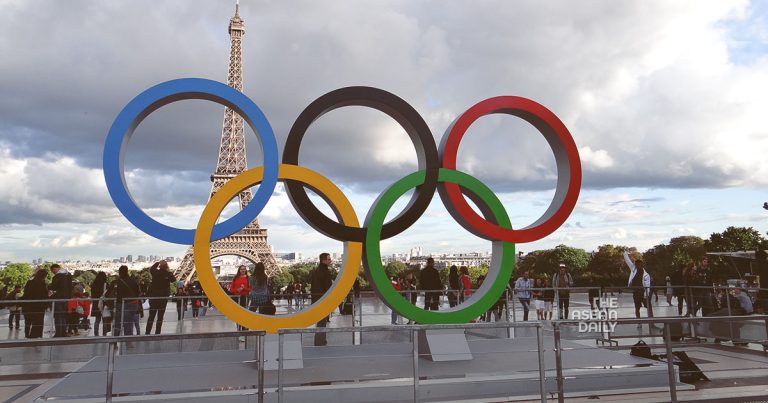18-7-2024 (PARIS) In a startling revelation, a comprehensive study conducted by a prominent human rights organisation suggests that a significant number of Russian and Belarusian athletes slated to participate in the Paris 2024 Olympic Games may be in breach of the International Olympic Committee’s (IOC) guidelines. The report, which has sent shockwaves through the sporting world, alleges that these athletes have ties to military agencies or have openly supported the ongoing conflict in Ukraine.
The 223-page dossier, meticulously compiled by Global Rights Compliance, a respected Hague-based human rights group, asserts that 33 out of 59 cleared athletes fall foul of the IOC’s participation criteria. This revelation has sparked heated debate about the integrity of the athlete vetting process and the IOC’s commitment to its own principles.
Wayne Jordash, the organisation’s president and a distinguished human rights barrister, expressed frustration at the IOC’s apparent reluctance to engage in meaningful dialogue on the matter. Despite acknowledging receipt of his initial letter outlining these concerns, the IOC has reportedly remained silent on two subsequent communications.
Jordash didn’t mince words when criticising the IOC’s stance, accusing the committee of “effectively sportswashing its position” by failing to rigorously apply its own guidelines. He argued that the IOC’s public promotion of these principles makes their current position all the more “egregious”.
When approached for comment, the IOC maintained a diplomatic stance, declining to discuss individual cases and reaffirming that all participants had been scrutinised in accordance with the committee’s established principles for selecting Russian and Belarusian athletes.
The report’s findings are particularly damning, highlighting 12 competitors with alleged links to military and security forces, including associations with the Central Sports Club of the Army (CSKA), an institution under the purview of the Russian Defence Ministry. A further 13 athletes were identified as having engaged with pro-war or anti-Ukrainian content on social media platforms.
In a bid to galvanise action, Global Rights Compliance is reaching out to all 15 headline sponsors of the upcoming Olympics. The organisation is urging these corporate entities to leverage their influence, pressuring the IOC to address these concerns or reconsider their sponsorship of the Games altogether.
Jordash emphasised the ethical obligations of Olympic sponsors, citing international law and UN guidelines on business and human rights. He asserted that these companies have a responsibility to exert their influence to improve the situation.
The controversy comes at a crucial juncture, with the Paris Olympics set to commence on 26 July. The IOC had previously taken steps to address the geopolitical tensions, including banning Russia and Belarus from hosting international sporting events and prohibiting the use of their national symbols at competitions.




